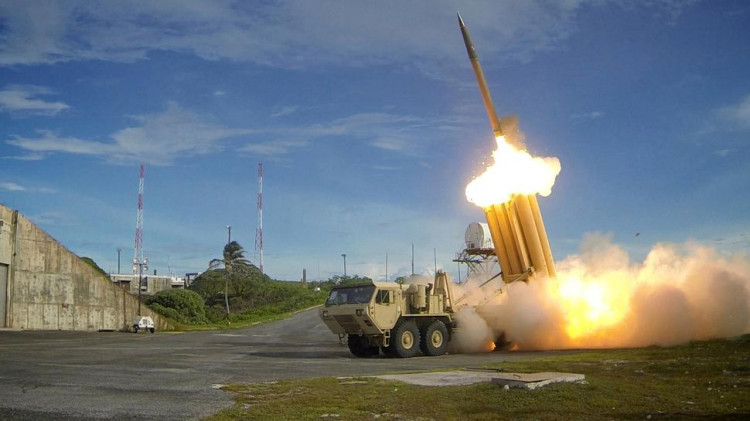The U.S. Senate voted to reject a bipartisan resolution aimed at blocking U.S. President Joe Biden's $650 billion arms deal with Saudi Arabia. Senators voted 30-67 against the resolution on Tuesday.
The resolution was submitted by GOP senators Rand Paul and Mike Lee, and Bernie Sanders. The resolution fell short of the simple majority, effectively killing prospects of it blocking the multi-billion dollar arms deal.
Proponents of the resolution reasoned that the deal, which includes the sale of 280 air-to-air missiles from Raytheon Technologies, has to be blocked given Saudi Arabia's involvement in Yemen's civil war. The supporter of the resolution also pointed out the dangers of the weapons being used in Saudi Arabia's air and naval blockade.
Ahead of the voting, Senator Rand Paul called on his colleagues to help end all arms sales to Saudi Arabia until the country agreed to end their blockade of Yemen. He also pointed out how U.S. President Joe Biden has failed in his commitment to change the Trump policy towards Saudi Arabia's war in Yemen.
Sanders, who pointed out how it was "unusual" for him to agree with Paul, said that the U.S. must not be "rewarding" Saudi Arabia with arms for its continued actions in the region.
"We should demand that they end the devastating war in Yemen. It is long past time that we took a very hard look at our relationship with Saudi Arabia, a country whose government represents the very opposite of what we profess to believe," Sanders said.
Senate GOP leader Mitch McConnell argued against the resolution, telling senators that they should be wary of turning their backs on the country's long-time partners. McConnel said a move to block the arms deal would only increase the world's doubts about the country's resolve.
Senate Foreign Relations Committee Chairman Robert Menendez said that it was crucial that security partners know that the U.S. will honor its promises and prioritize security arrangements that protect civilians.
The White House has also spoken out against the resolution, stating that it strongly opposes it in a policy statement. The White House said the arms deal is still in line with the Biden administration's pledge to use diplomacy to end the conflict in Yemen. The statement said the deal would ensure that Saudi Arabia will have the capability to defend itself from the continued Iranian-backed Houthi attacks.
The relationship between the U.S. and Saudi Arabia has long been a source of conflict in Congress. Under then-President Trump, the Senate blocked a Saudi arms deal but failed to overturn the veto.





